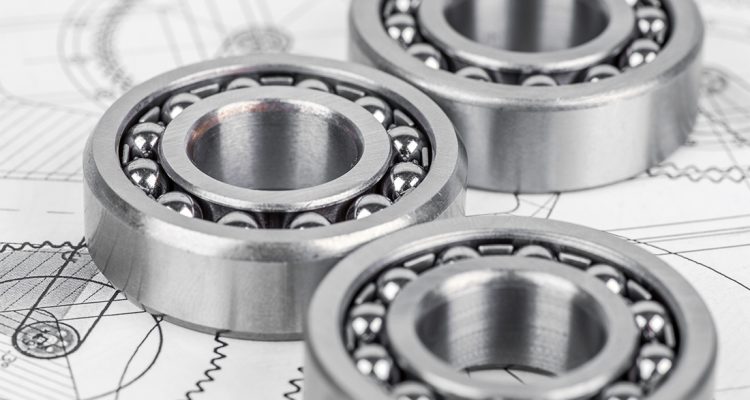Counterfeit bearings are a serious issue across the globe – fakes not only result in increased equipment failure but can risk the safety of staff and plant.
It’s for this reason that Tony Tormey, Category Manager from Industrial Bearings at Motion, says customers should only buy branded bearings from an authorised distributor. He also recommends the use of tools such as the ‘NSK Verify’ app to assess if a bearing is genuine.
“People may think that a bearing is a bearing but that’s not the case. There is an abundance of low-quality fakes out there that look like the ‘real thing’ and can put your machinery and people at risk,” cautions Tony. “I urge our customers to be careful with this and look to Motion as a trusted partner and supplier for bearings.”
One of Motion’s supply partners, bearing manufacturer NSK, has been public in its fight against counterfeiting. The manufacturer has produced a white paper on the issue to help keep industrial businesses informed as to the causes and dangers associated with fake bearings.1
In the paper, the company cites commercial pressures as the key reason for the rise in counterfeits on the market.
“The relentless drive to remain competitive and profitable, forces too many companies into making purchasing decisions based on unit price, rather than considering total cost and performance,” the paper says. “Purchasing and engineering teams often find the appeal of lower-priced bearing suppliers irresistible – unaware, through no fault of their own, of the risks and dangers involved in this low-price purchasing strategy.”
According to the NSK paper, counterfeit bearings tend to come from countries where intellectual property protection is weak, and manufacturing is cheap.
“They use lower-grade materials that are often processed on ageing machines operated by minimum-wage operatives – a high-risk combination when users are expecting a quality product,” the paper warns. “They then package these counterfeit bearings in boxes designed to resemble original manufacturer packaging – trying to disguise the inauthenticity of the product, cheating purchasers and users.”
Purchasing counterfeit bearings yields various risks such as: unpredictable quality, no after sales backup, inferior material quality and purity and compromised performance to the original product says Tony.
“Importantly, fake bearings have the potential to fail prematurely, and this presents an inherent safety risk for any operation,” he stresses. “Be wary of choosing any branded bearings that are cheaper than the market price. These bearings can put your staff at risk and, at the very least, result in serious issues for your rotating machinery.”
Risks of Counterfeit Bearings
• Lower-grade materials
• No refunds or after sales support
• Health and safety risk
• Financially detrimental
• Can do damage to a business’s reputation
INDUSTRY ADVICE FROM OUR EXPERTS
Tony Tormey – Category Manager
Top tips to identify a fake
• Is the packaging similar to other packaging?
• Are the shipping crates of good quality?
• Do they have proper markings?
• Are the logo markings genuine?
“It is important to buy from an NSK authorised distributor.” Tony highlights that by purchasing from Motion, customers can enjoy peace of mind that their bearings are genuine.
In light of these risks, Motion works with its partners such as NSK to combat fake bearings. A recent development in combating counterfeit machinery has been with the creation of a new app, ‘NSK Verify’, which allows customers to assess the authenticity of machine tool bearings by scanning a special barcode found on the box.2
References
- NSK LTD. White Paper (2020) The Risks of Buying Counterfeit Bearings and How to Avoid Them
- https://www.nsk.com/services/nskverify/
